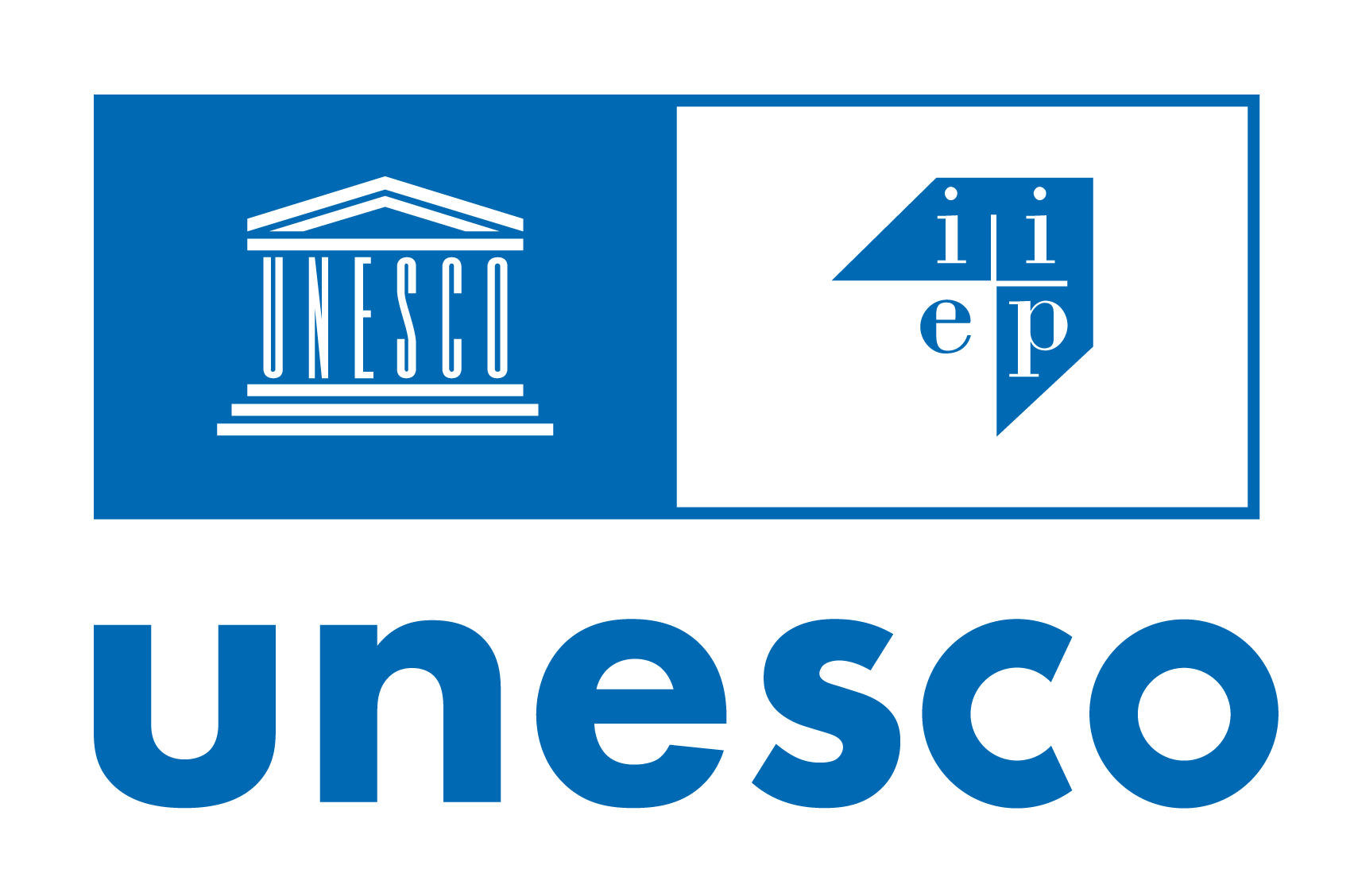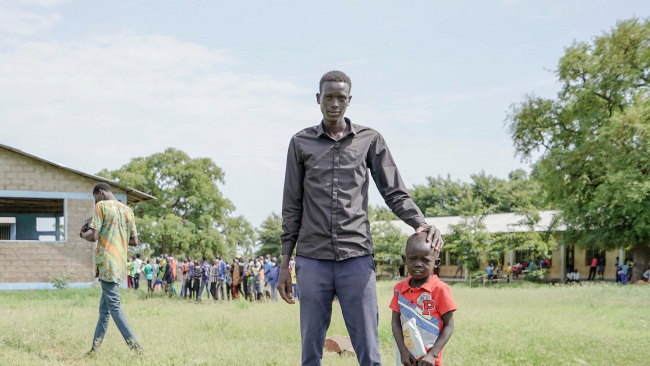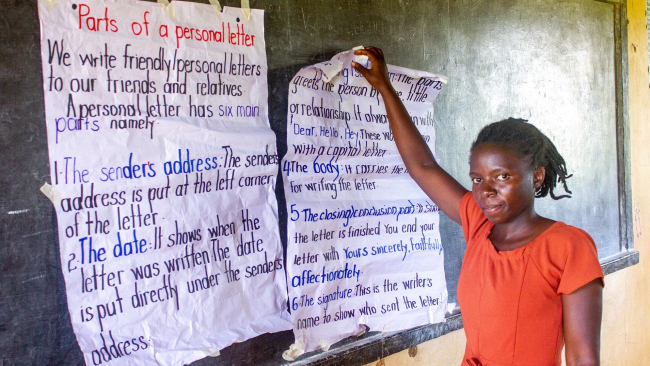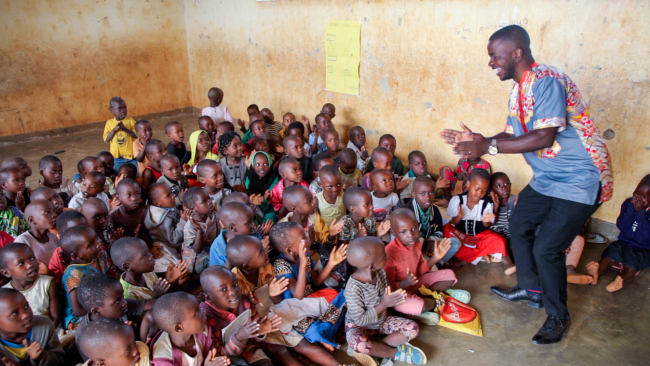This toolkit provides education system leaders with an implementation framework and questions to consider in the development of their education responses to the COVID-19 crisis. It builds on an analysis of education policy actions taken during the initial stages of the COVID-19 crisis. What dimensions need to be considered for implementing education responses to COVID-19? Lessons learned show that emergency strategies such as those triggered by COVID 19 need to take into consideration some constraints: fixed initial contextual factors, limited evidence available and no time for capacity development. Implementing an education response to the COVID-19 pandemic that supports equity, quality and wellbeing should rely on the capacity of schools and education professionals as well as technological resources available. The engagement of stakeholders to develop a broadly supported overarching solution may need to be limited to key actors initially and integrated in later stages, as there is an optimal trade-off between involvement and reactivity. But the policy can actually be based on schools having leeway to design their own approaches, following the shaping of a national or regional vision, generic health and educational guidelines, and the provision of support to those in need to manage inequities. An effective implementation strategy will bring together these dimensions and make them actionable in terms of timeframes, responsibilities, tools and available resources.
Year
2020
Pages
11
Series
OECD Education Policy Perspectives, 5
Themes
Resource Types
Languages





